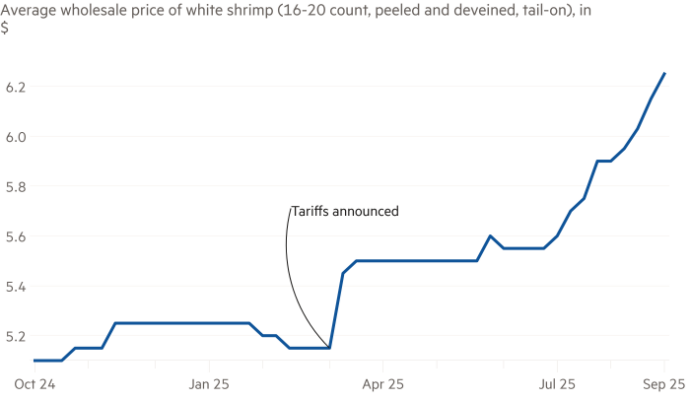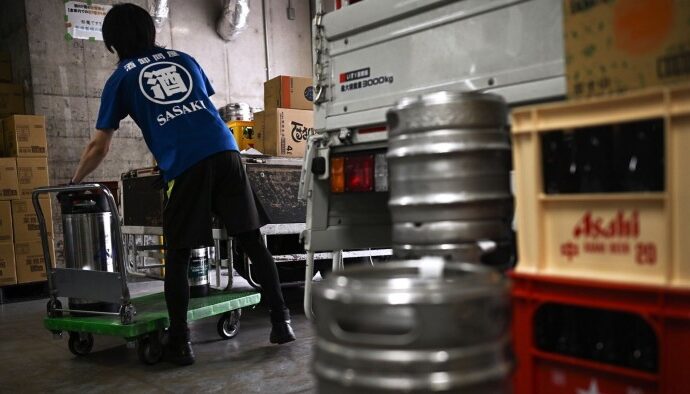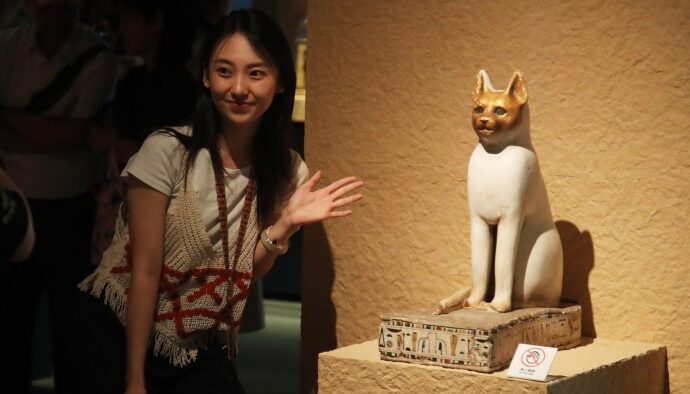Receive free Fast Retailing Co Ltd updates
We’ll send you a myFT Daily Digest email rounding up the latest Fast Retailing Co Ltd news every morning.
The owners of Japan’s biggest casual clothing brands Uniqlo and Muji have posted a surge in quarterly profits on the back of a stellar post-pandemic recovery in China sales.
Uniqlo parent company Fast Retailing, founded by Japan’s richest man Tadashi Yanai, also upgraded its guidance for the year through August with a forecast for record operating profits of ¥370bn ($2.7bn).
The stronger than expected boost in China for the Japanese fashion retailers came despite the world’s second-largest economy contending with lacklustre consumer demand even after Covid-19 controls were lifted at the start of the year.
For the March to May quarter, Fast Retailing said its operating profit rose 35 per cent from a year earlier to ¥110.3bn. Analysts had expected a profit of ¥100.4bn, according to S&P Capital IQ.
Revenue also increased 24 per cent to ¥676.1bn as same-store Uniqlo sales in China rose more than 40 per cent during the quarter. In addition to the lifting of Covid restrictions, the company said warmer weather from March boosted demand for T-shirts and other summer products.
At a news conference on Thursday, Fast Retailing’s finance chief Takeshi Okazaki said the company had continued to make aggressive investments in marketing and branding, and had increased wages for workers even as demand fell sharply during the pandemic.
“That was why we were able to firmly capture demand when the market recovered,” said Okazaki, adding that the group hoped to maintain the momentum into next year. “From our viewpoint, China’s consumption seems to be recovering strongly and we were able to reaffirm that demand is strong for our low-priced daily clothing.”
In January, Asia’s largest clothing retailer stunned investors with a plan to raise wages in Japan by up to 40 per cent, saying it needed to increase Japanese remuneration to international standards to secure good talent.
Shares in Fast Retailing closed almost 2 per cent higher in Tokyo, extending a 30 per cent gain since the start of the year.
Last week, the owner of the Muji brand Ryohin Keikaku said its third-quarter operating profit doubled to ¥12.4bn, underscoring robust demand for essential daily goods such as clothing.
Executives told analysts that margins had increased in China as the retailer cut back on product discounts and saved on advertising costs because of the steady post-pandemic return of customers.
Since the release of its results on Friday, shares in Ryohin Keikaku have risen 24 per cent.


